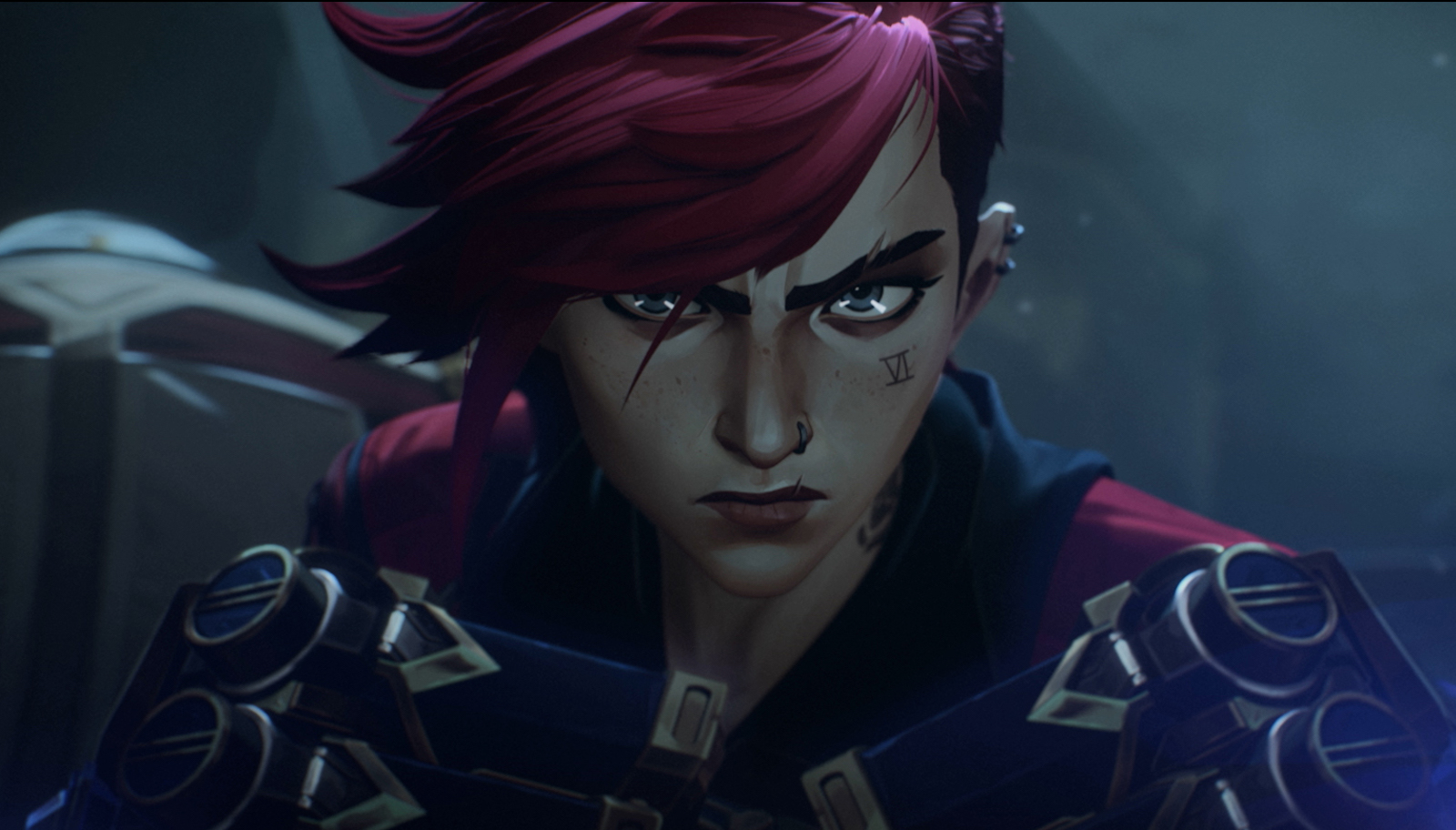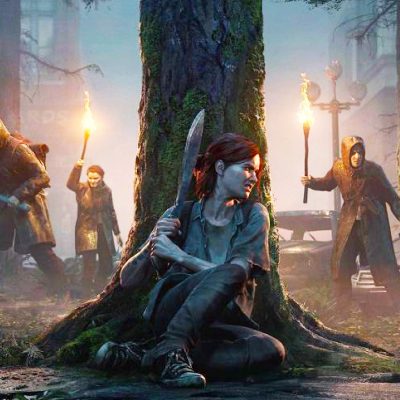If you haven’t already checked out Arcane on Netflix, you really need to put it high on your to do list. Yes, it’s based on the world and characters of League of Legends, one of the planet’s most popular battle arena games, but that’s almost irrelevant. Somehow this animated series manages to be amazing in its own right, pleasing both players and those who know nothing of Jinx, Vi, Jayce, or any other champion from the game. How on Earth did Riot Games manage it?
On paper, it seems like films or TV shows based on certain video games should be guaranteed successes. If the developers have already gone through the trouble of building a massive, complex world like Azeroth of Warcraft, all the writers have to do is give one of the playable characters a hero’s journey, and it’s off to the races. But for some reason, almost everyone who has tried it, from Hitman to Resident Evil, has come up short, churning out schlock that’s derivative, overblown, or filled with inane dialogue.
Arcane took a different approach. Instead of trying to encompass the many realms of Runeterra (the planet that didn’t even appear in League of Legends lore until the game had been around for five years), the Netflix series centers solely on the Utopian city of Piltover, only hinting at other civilizations and political powers that appear in the game. So is this singular focus the reason why the story holds together so well?
If so, how does that explain the choice to tell the backstory of not one champion, not even two or three, but several playable characters all at once? At first it may seem like Arcane is the tale of the sisters Vi and Jinx, and they are definitely central to the story. But this is equally the origin of the misguided idealist Jayce, and the evolution of the cybernetic Viktor unfolds with magnificent subtlety and is still ongoing. And dancing around the edges with their own complex depths waiting to be explored are Caitlyn and Ekko, and that’s just for starters!
It shouldn’t work! Cynics watching a League of Legends cutscene starring Jinx will immediately see a cartoonish Harley Quinn knockoff, and in the sharpshooter Caitlyn they’ll see a smirking Lolita mad hatter. But in Arcane, Jinx gets a fully realized traumatic childhood and a manipulative evil mentor to boot. Caitlyn quickly goes from a daughter with something to prove to her wealthy parents to a deeply sympathetic, devoted companion to Vi who seeks justice for the less fortunate of Piltover’s undercity.
Read more
Arcane also tells a richly political tale of a city already troubled by social inequality and injects it with the catalyst that is Hextech, a merging of magical and scientific advancement, across the better part of a decade. The Runeterra of League of Legends is steeped in magic, the supernatural, and fantasy elements galore, but the Netflix adaptation only gives us glimpses of mages like Ryze and alchemists like Singed (champions in their own right in the game) and then places them on the periphery in favor of a richly layered steampunk atmosphere.
And this is steampunk done right! There are actual punk elements in Arcane, not just a magical Victorian aesthetic dressed up with gears and goggles. Ekko and his Firelights zoom about the undercity on flying skateboards; Jinx’s explosives are decorated with fluorescent skulls; and many of the crime lords sport mohawks and mechanical prosthetics worthy of the Lovecraftian world League of Legends has been known to pull from. It’s a cosplayer’s dream come true!
All of this is to say that the reason Arcane is so magnificent is that it nails each of these crucial storytelling notes. The worldbuilding is spot on but doesn’t try to bite off more than it can chew, only bringing in citizens of Noxus and the concept of the nation of Zaun at the very end. The characters are perfectly rendered, both in their nuanced expressions thanks to some amazingly artistic animation from Fortiche and in their beautifully voice work performances from the likes of Hailee Steinfeld (Hawkeye) and Ella Purnell (Star Trek: Prodigy). And the complex backstories are a true credit to showrunners Christian Linke and Alex Yee and their team of writers.
What’s even more impressive is that Arcane still manages to sneak in what other video game adaptations tend to over-emphasize: hero shots of Jayce with his hammer, Vi with her gauntlets, and Jinx with her shark-shaped rocket launcher, Fishbones. The beauty of these sequences featuring weapons that League of Legends players will immediately recognize and expect is that they are merely incidental examples of Hextech, not important innovations in and of themselves. Brilliantly done!
So do yourself a favor and watch Arcane immediately if you haven’t already. Heck, rewatch it! The series has more nuanced performances, even from that beloved furball Heimerdinger, than most live action dramas, never mind video game adaptations. Can television break the movie world’s gaming curse in time for upcoming series such as HBO’s The Last of Us and Paramount’s Halo? If they follow Arcane’s example, they could win legions of fans who have never even picked up a game controller.


